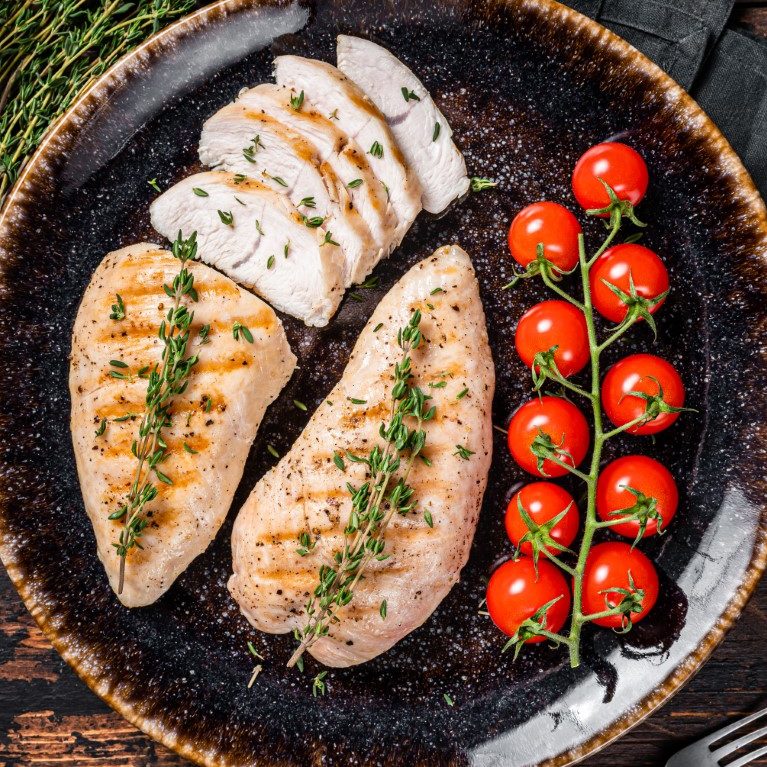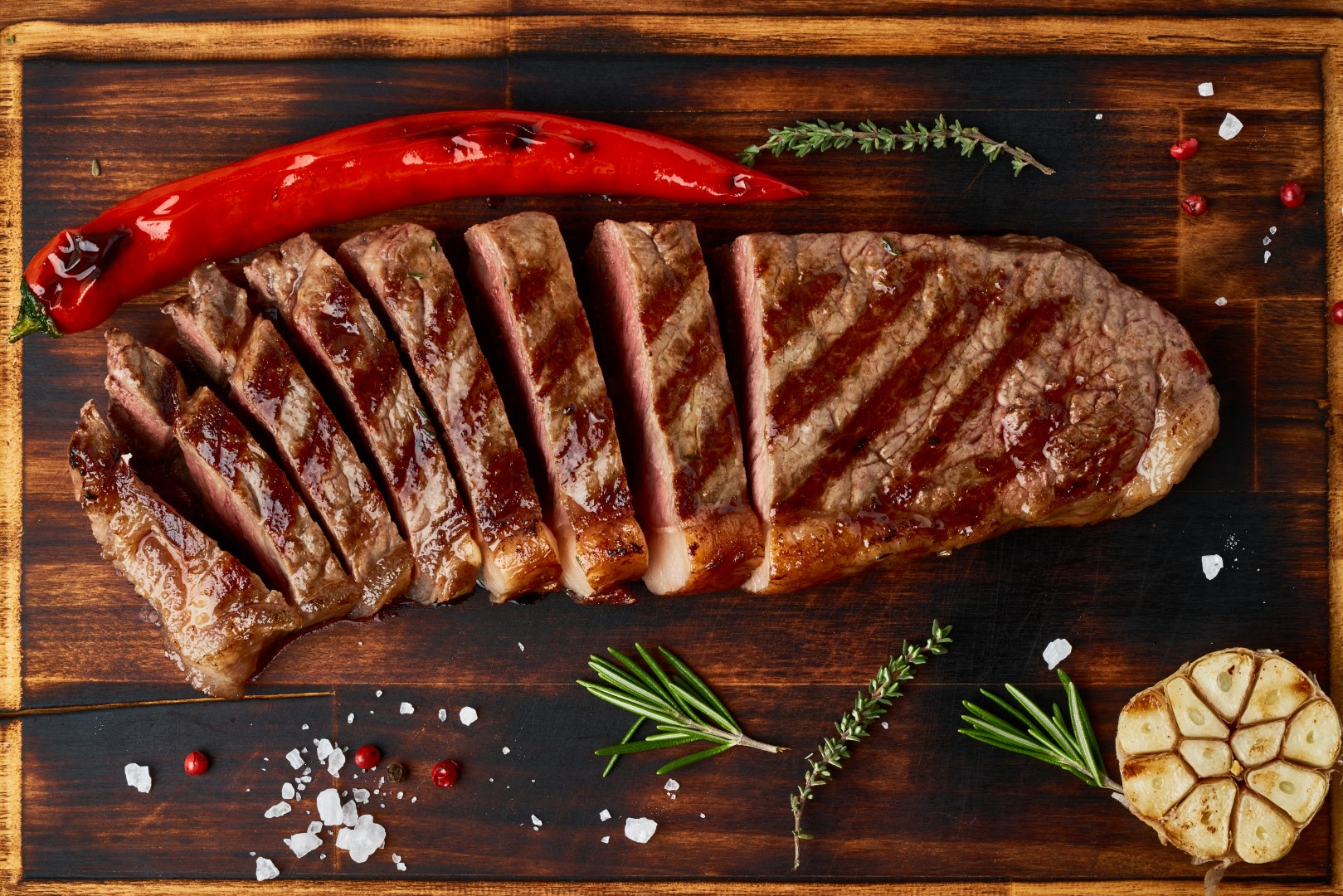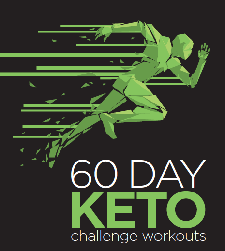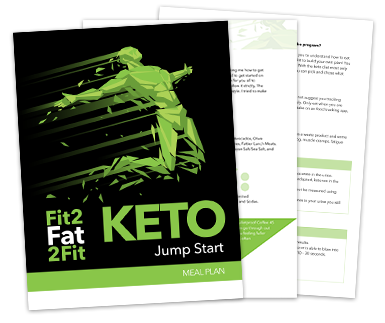Eating protein on keto is a contested subject. Some say that too much protein is awful, but not enough protein is just as bad in the other direction. Like everything when doing the Keto diet, it’s about a careful balance of fat, protein, and carbohydrates.
The amount of protein you require varies depending on your lifestyle, but it usually comes down to the tried and true rule of keto- high-fat, adequate-protein, and low-carbs.
A Review of Keto
To talk about how much protein on keto is enough, we first have to know the goal. The Keto diet forces your body to utilize fat for energy instead of carbohydrates. We do this by restricting carbs as much as possible, giving our body fat to burn instead. For this reason, keto is high-fat, and generally focused on eggs, meats, and dairies.
Our aim is ketosis, a metabolic state where burning fat for energy is easy. Ketosis helps reduce blood sugar and insulin and increases ketones that supply your brain with energy.
When formulating a keto plan, the rule of thumb is to divide your daily food intake into three main groups:
-
- Fat 60-80%
- Protein 10-30%
- Carbs 5-10%
These numbers can vary, but they serve as a basic guideline. Our focus is to have carbs be as low as possible.
Why Is Protein on Keto Important?
Protein contains a lot of amino acids. These amino acids help repair your body’s cells and are necessary for making new cells. Since your body is constantly creating new cells to keep you healthy, such as red blood cells or muscle, protein is mandatory for maintaining and improving your health.
Protein has other benefits than just helping create healthier skin, hair, and nails while supporting immune function. Having a higher protein intake can also help with appetite control, meaning you’ll turn to food less often. It also helps increase and preserve muscle mass as your fat is burned off, giving a more balanced body composition.

Is Too Much Protein Bad?
When it comes to the protein on keto, a fear you may have heard is that too much protein can increase a process called gluconeogenesis (GNG), which will kick you out of ketosis.
GNG is a natural process and a good one at that. It is necessary for creating glucose from non-carbohydrate sources. It still happens during ketosis. Studies have shown that extra protein in the body doesn’t lead to an uptick in GNG, so this fear is unfounded.
When Should I Have More Protein On Keto?
The amount of protein on keto each person should have varies. Remember, balance is all about what’s best for your body. So a few times, you’ll want to have a higher protein intake.
1. When You Want to Maintain Muscle but Lose Weight
Losing weight healthily means reducing your body fat percentage while preserving your lean muscle mass. Protein intake is essential because protein provides the building blocks your body needs for making muscle.
A daily protein intake of 18-30% of your daily diet can improve muscle maintenance.
2. If You’re at Risk of Slow Wound Healing
A higher protein intake is vital for people who are:
-
- Have chronic diseases
- Going to have surgery
- Healing from post-traumatic wounds
- Managing diabetic ulcers, or
- Have other conditions that make healing harder
Consuming 0.6-1.2 grams of protein per pound of body weight is a great way to provide your body with the necessary amount of protein your body needs.
If you fall into this category, make sure you talk to your doctor before making drastic changes to your diet. They want to help you get better, and they’ll help you do that safely.

3. If You’re Older and Want to Stay Active and Healthy
Losing muscle is a common side effect of aging. Losing muscle mass can be dangerous since it’s linked to an increased risk of falls and trips to the ER.
However, increasing your protein intake can help keep that muscle mass up, protecting you from falls and potential hospital stays.
How to Make Sure You’re Getting Enough Protein on Keto
The rule for protein on keto is to have 18-30% of your diet consist of protein. Depending on personal tastes and preferences, that might be more difficult. This is especially true for our vegan friends, who need to get inventive about where they find their protein.
This is why we have a Whey Protein Isolate and Vegan Protein Powder available for purchase. Compatible with the Keto diet, these supplements are a quick and easy way to make sure you’re getting enough protein on keto. So to start burning fat and living healthier, you can purchase our protein isolate or vegan protein powders here.



